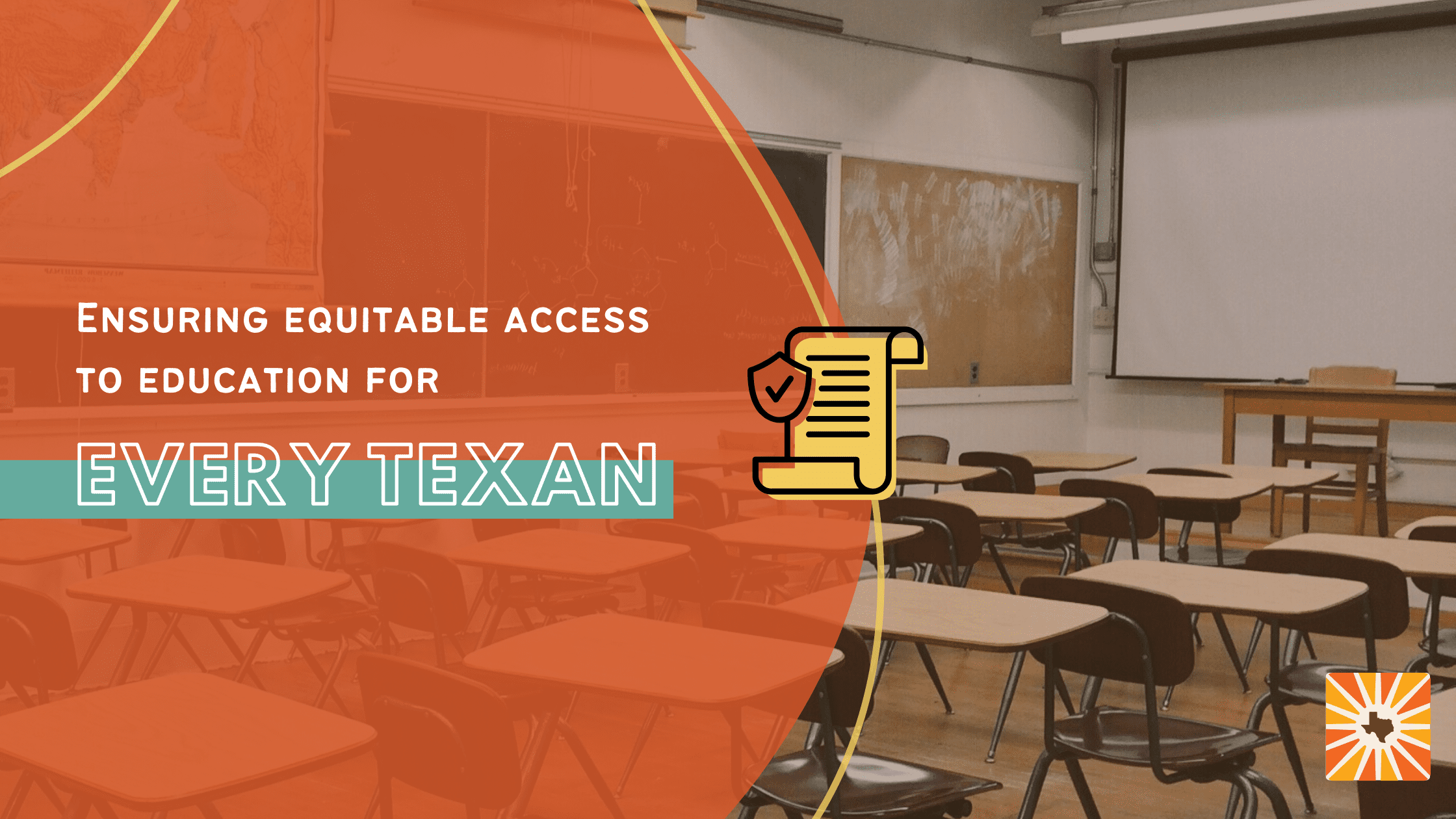As we head to the polls on Election Day, many Texans across the state will find school district voter-approved tax ratification elections (VATRE) on their ballots. Due to funding shortfalls, more than 40 districts – from Austin to Fort Stockton – are asking voters to allow tax rate increases this year to support their maintenance and operations budgets.
While the rate increases are modest for the average household, the extra revenue would provide a much-needed boost for districts. Stagnant funding, cost increases, and the end of temporary federal COVID assistance have left many districts with budget deficits. The $6,160 basic allotment – the foundational per-pupil entitlement for public schools – has not been increased since 2019. Meanwhile, inflation rose over 20% during and after the pandemic.
Once a district’s VATRE is approved and goes into effect, districts can use the money for a variety of purposes, including increasing teacher and staff pay, hiring additional staff, paying for teacher training, supplies, student activity programs, or complying with unfunded mandates imposed by the state. In 2023, over 50 school districts passed VATREs to increase revenue, including Brownsville ISD ($10 million), Round Rock ISD ($19 million), and Fort Bend ISD ($35 million).
Many of the proposed rate increases are necessary this year because of Gov. Abbott and his donors’ obsession with school vouchers. Last year, the Legislature’s 2024-25 budget included $4 billion in new funding for schools to be used on teacher raises and formula funding increases. But the governor’s allies insisted on tying that funding to a school voucher scheme, and as a result the package failed to pass – meaning schools received none of that additional funding.
Detailed explanations of VATREs can be found from the Texas Comptroller, the Texas Taxpayers and Research Association, or the Texas chapter of the American Federation of Teachers. Tax-rate elections are required by law when the school district adopts a tax rate higher than its calculated voter-approval tax rate (VATR). Districts must also undergo a third-party efficiency audit before the election can occur. If voters reject the tax increase, the rate returns to the VATR.
While inflation has cooled, our public school districts still face higher costs and stagnant funding. Children across Texas deserve better, and we encourage Texans to support their local public schools by voting to approve their districts’ proposed tax rate changes.

